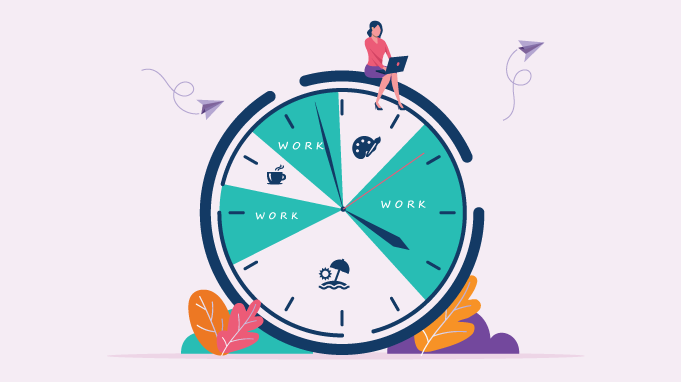[ad_1]
This shift is partly attributed to the rise of remote and hybrid work arrangements that became prevalent during the pandemic. Many companies worldwide have encouraged employees to return to the office, but the transition has led to a new norm where workers are more focused on work-life balance. David Satterwhite, CEO of Chronus, highlighted this trend, pointing out that employees now prefer to work remotely and only come to the office when absolutely necessary. This has led to a practice known as “coffee badging,” where employees might visit the office briefly for meetings before returning home.
According to a recent Owl Labs survey, 58% of hybrid workers reported coming into the office for just a few hours before leaving. The survey also found that a significant number of professionals now prioritize flexible working hours, work-life balance, and mental health support over career advancement. In fact, 66% of employees stated they would begin job hunting for positions with more flexibility if remote work options were removed, with 39% indicating they would quit their current roles immediately.
These changes reflect a growing demand for flexibility in the workplace, suggesting that the rigid 9-to-5 schedule may be becoming a thing of the past as more workers seek to balance their professional and personal lives.
[ad_2]
